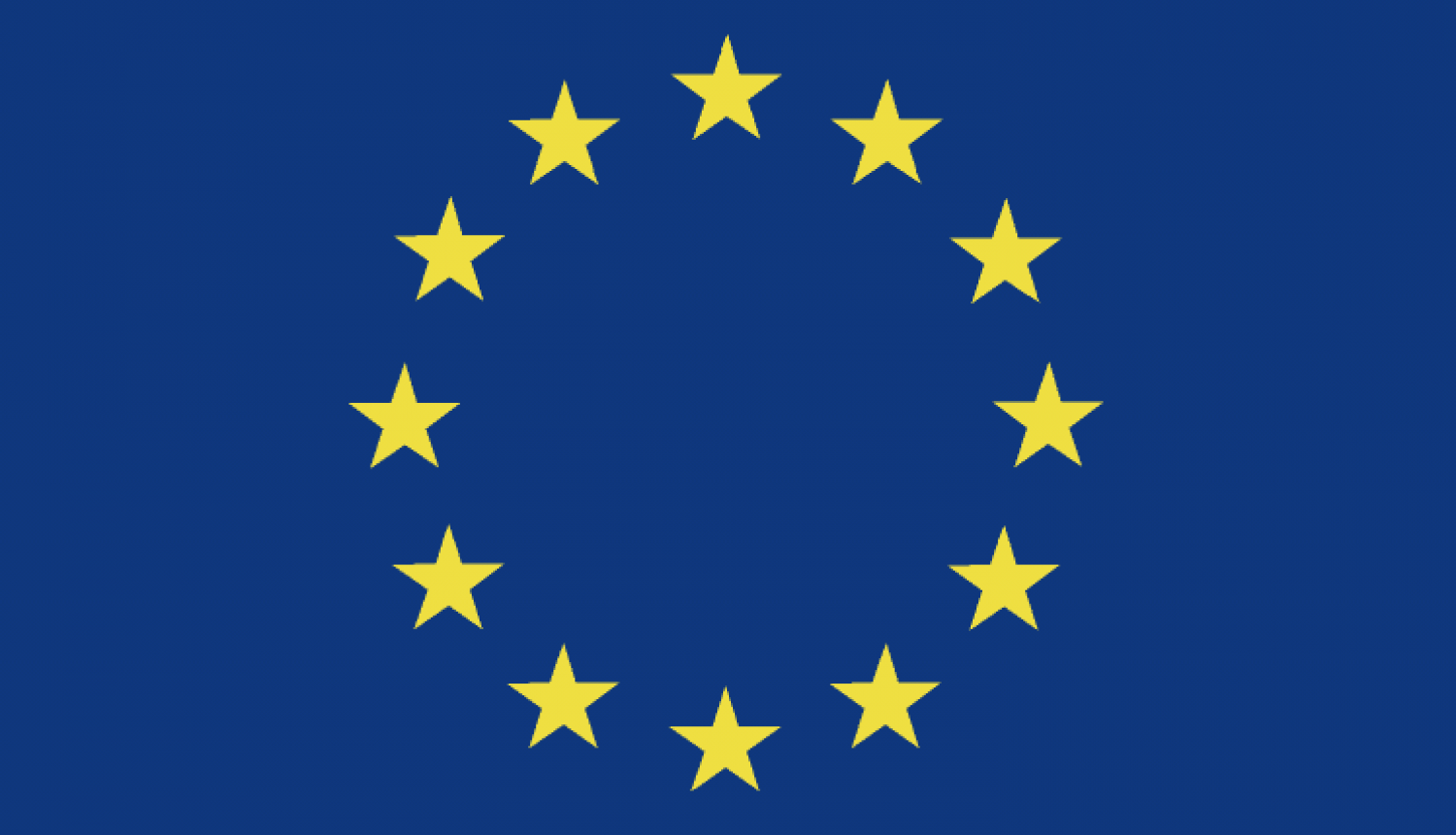To strengthen Latvia’s economic security, we will continue to implement a sound long-term industrial policy, as well as to promote the development of human resources that meet the needs of economic transformation. Almost a billion euros will be invested in the economy of Latvia from the multiannual budget of the European Union Structural Funds to promote digital transformation in entrepreneurship, increase competitiveness, exportability and productivity of enterprises, reduce inequality, promote energy efficiency in housing and enterprises,” the Minister of Economics Ilze Indriksone says.
By 2029 (period of EU funds 2021-2027 + 2 more years for completion of projects) EUR 948.36 million are planned to be invested in the Latvian economy from the multiannual budget of the EU Structural Funds within the framework of the planned support programmes managed by the Ministry of Economics, incl.:
- EUR 44.15 million in the digital transformation of entrepreneurship,
- EUR 390.3 million in productivity growth,
- EUR 83 million in reducing regional inequalities,
- EUR 431.2 million in energy efficiency improvement.
The range of support programmes will be broad and available to all types of businesses. While entrepreneurs continue to use the programmes of the previous programming period of EU Funds, the Ministry of Economics is already working on the preparation of programmes for the new period, and we are planning to develop most of the new support instruments this year. The economic transformation measures intended for this period will significantly foster the competitiveness of enterprises and increase export volumes, as well as production of high-value-added products and increase of their share in exports. We will also promote the private sector’s research and development investments in the economy, which will result in an increase in the share of innovative enterprises in the Latvian economy. However, the implementation of energy efficiency measures will increase the well-being of households, while ensuring savings of both energy sources and financial resources in private, commercial and public sectors,” the Minister of Economics says.
There are plans to support at least 6876 enterprises in promoting the digital transformation of entrepreneurship, while also ensuring the attraction of private co-financing of at least 41.86 million euro to achieve this goal. In this area, the Ministry intends to develop support programmes for the development of new products and services, the development of digital skills (training), the establishment of European Digital Innovation Centres and regional contact points and conducting of digital maturity tests, as well as digitalisation and automation of financial instruments as guarantees.
There are plans to support at least 1810 enterprises in increasing productivity, while ensuring the attraction of private co-financing of at least 20 million euro. . In this area, it is planned to develop support programmes for the development and internationalisation of new products, participation of enterprises in capital markets, improvement of the technology transfer system, development of innovative entrepreneurship in SMEs, opportunity capital investments, start-up, growth and productivity loans, guarantees and portfolio guarantees for full cycle entrepreneurship, as well as loans (including with capital rebate) for innovative equipment, research and development, technology transfer.
To reduce regional inequalities, it is planned to restore or construct 1865 local government rental and social apartments for the most socially vulnerable persons, as well as to construct elevators in 85 multi-apartment residential houses, thus facilitating access to the environment in this housing sector.
To increase energy efficiency, it is planned to continue to provide long-term support for the improvement of the energy performance of residential buildings, public buildings and enterprises, wider use of renewable energy technologies in industry and change of building usage habits, supporting at least 13,450 households, 508,786 m2 of public buildings and additional production of renewable energy of 13,100 MWh/year.
More detailed information on the planned EU investments in the Latvian economy in the next seven years within the framework of the support programmes managed by the MoE is available on the website of the Ministry of Economics.



